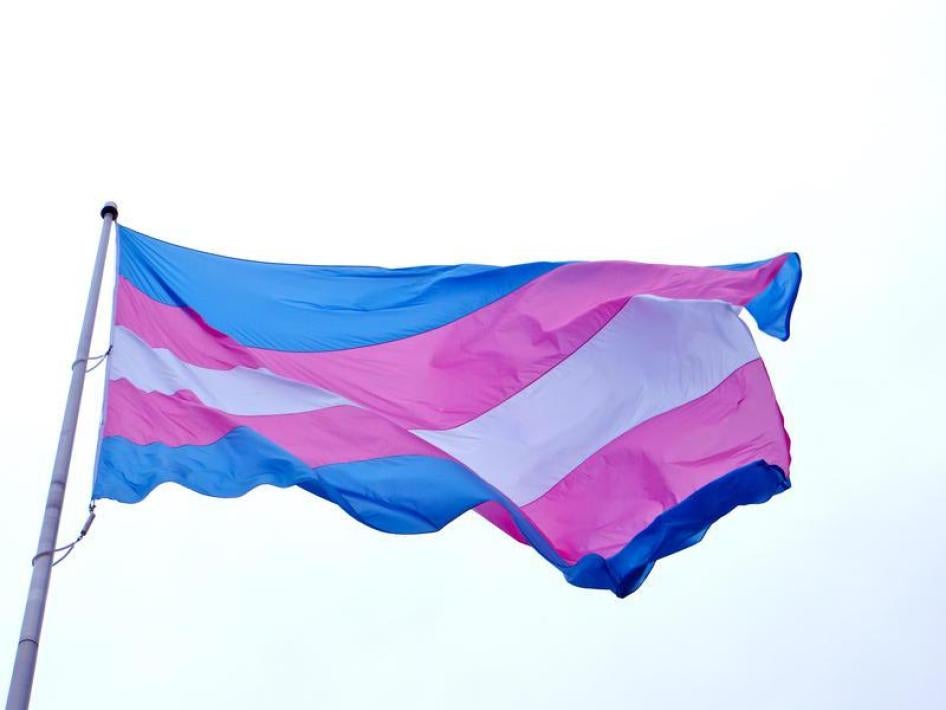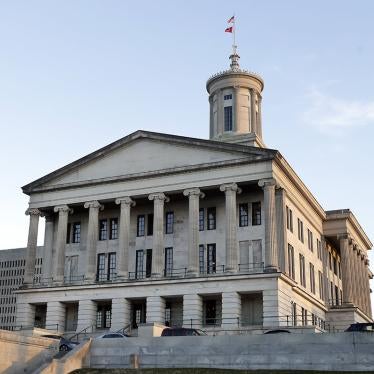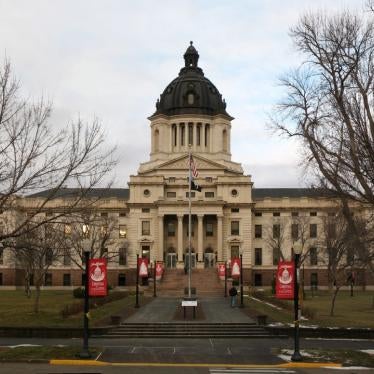Midwesterners are ready to protect transgender rights — if lawmakers could listen.
In recent weeks, then-presidential candidate Michael Bloomberg twice made headlines as videos surfaced of him making dehumanizing comments about transgender people and suggesting that Midwest voters don’t understand or support transgender rights.
The hurtful comments reinforce the dangerous myth that Midwesterners can’t grasp what it means to treat transgender people with dignity and respect.
In fact, Midwestern states have been pioneers on both transgender rights and LGBT rights more broadly. And with massive public support for the Ohio Fairness Act, which would prohibit discrimination in employment, housing, education, credit and public accommodations, Ohio could be the next state to uphold that long tradition.
In 1975 — nearly 50 years ago — Minneapolis became the first city in the United States to prohibit discrimination against transgender people in public accommodations. In 1993, Minnesota followed suit, becoming the first state to broadly prohibit discrimination against transgender people.
It isn’t just transgender rights where Midwesterners have shown support for LGBT people. It was Wisconsin, in 1982 that was the first state in the country to pass anti-discrimination protections for lesbian, gay and bisexual people. It was Wisconsin, again that was the first state to elect an out LGBT person to Congress, who didn’t come out as an incumbent, and the first state to elect an out LGBT person to the Senate. And the third U.S. state to recognize the freedom to marry was Iowa, right around the time that voters in California and legislators in New York rejected the freedom to marry on the coasts.
A PRRI poll released in 2019 shows that nearly 7 in 10 Americans support nondiscrimination laws that include transgender people, including a majority of people in every U.S. state. Support in Kansas (70%) and North Dakota (72%) is virtually indistinguishable from support in New Jersey (72%) and New York (73%). And support in Ohio (68%) matches that in Virginia (68%), where lawmakers just passed the first statewide nondiscrimination protections for LGBT people in the South. And that support is only building.
Data show that 62% of Americans are more comfortable with transgender rights than they were five years ago, and only 25% are less comfortable.
They recognize that transgender rights are everyday struggles to be treated fairly at school, in the workplace and in public spaces. Instead, the problem is lawmakers who are out of step with their constituents and demonize transgender people year after year. For that reason, states like South Dakota have considered bills targeting transgender kids for six years in a row, and states like North Dakota, South Dakota, Nebraska and Oklahoma lack even basic nondiscrimination protections.
Yet tellingly, efforts to restrict transgender rights have almost uniformly failed. Lawmakers in dozens of states have proposed bills restricting bathroom access for transgender people. They’ve been resoundingly defeated across the Midwest and elsewhere. The one state where such a law passed was North Carolina, where it prompted a massive boycott and backlash that led to the partial repeal of the law, a legal settlement and the defeat of the governor who signed the bill.
With public support, there’s cause for optimism. In 2019, governors in Ohio, Wisconsin, Michigan and Kansas all issued executive orders prohibiting discrimination based on sexual orientation and gender identity in state employment. In states like South Dakota and Missouri, legislative attacks on transgender kids are being widely and vocally criticized by local civic leaders, editorial boards and clergy, stalling bad bills in their tracks.
Bloomberg’s comments diminish the work of transgender advocates who have made enormous headway in building support and understanding across the United States. The lesson isn’t that lawmakers should tiptoe around transgender rights for the sake of Middle America. It’s that lawmakers should translate growing support into meaningful protection.










